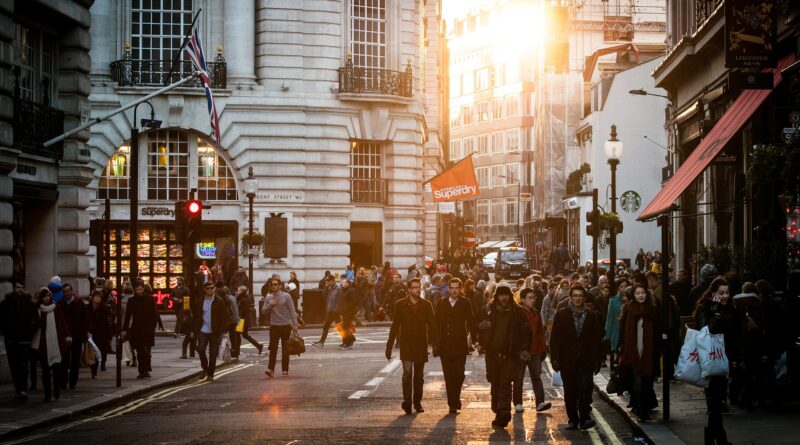Weather, anomalous heat coming after the bad weather alert: when and areas affected
The weather forecast promises some unusual days to say the least for Italy, with an anomalously unseasonal heat coming soon after the bad weather alert.
In fact, there will be a few days of intense cold with abundant rainfall and then the arrival of the heat brought by the anticyclone.
Here are the areas affected and when.
Bad weather alert, when and where From today, a wave of bad weather is hitting Central and Southern Italy and will cause temperatures to drop below seasonal averages, bringing snow even to the hills.
In particular, cloudy skies are expected in the North (with banks of fog in the Po Valley) and clear skies in the Alpine areas and Central Italy.
An exception is the Adriatic coast where, together with scattered clouds, rain and snow are expected in the Apennines.
For the South and Central South the weather conditions are even more unstable, with widespread precipitation especially in Sicily and Calabria, where it could become thunderstorms.
We are also waiting for the snow to drop in altitude which, with the increasingly cold air, should soon arrive in the hilly areas of the Marche, Abruzzo and Molise.
Precisely due to the expected rainfall and weather instability, the Department of Civil Protection has issued a yellow alert for the hydrogeological and hydraulic risk on: Sicily; Calabria; Molise; Abruzzo.
The alert is in force for today, Friday 15 December, but considering the conditions expected for the weekend it could easily be extended.
Abnormal heat on the way The weekend will therefore be very cold almost across the entire peninsula, in some areas with heavy rain and snow.
Certainly the thing we least expect is the rise in temperatures, which will instead begin on Sunday 17 December.
Due to the arriving anticyclone, next week (especially Monday and Tuesday) temperatures will rise up to 10 degrees above the seasonal average.
In cities like Florence, Rome and Naples it will even reach 14/15 degrees.
Effects are also expected on the Alpine region, which will reach typically spring conditions even above 1,000/1,500 meters above sea level.
In addition to the exceptional heat for this period, which should be the coldest of the whole year, the anticyclone will also cause heavy night-time temperature inversions in the Po Valley and the Alpine valley floors.
As a result, there will be a sharp drop in temperatures during the night – even below zero – and the formation of ice, in addition to fog banks.
The unusually mild temperatures will continue until at least December 21st, due to the persistence of the anticyclone over the Mediterranean.
We would thus risk celebrating an almost lukewarm Christmas, were it not for the fact that a disturbance of freezing air is expected to arrive a few days before Christmas Eve.
As far as we know at the moment, not only will it be cold, but there will probably be snow at low altitude at Christmas.
read also What the weather will be like at Christmas according to the latest forecasts What does climate change have to do with it? In the space of about ten days the Italian territory will go from thunderstorms to freezing cold with a small parenthesis of anomalous heat.
Certainly not ordinary steps and as always on the subject of climate, the answer is to be found in climate change.
Such high temperature differences are produced by the passage of the anticyclone, but it is not at all normal that these areas of high pressure last so long and above all have such intensity.
Scientists have in fact ascertained that climate warming, with the continuous emission of carbon dioxide, is the cause of these intense and long-lasting anticyclones.
The Mediterranean area, moreover, is particularly affected and in fact the climate changes caused by greenhouse gas pollution are reflected with extraordinary intensity.
In particular, while the global surface has warmed by around 1.1 degrees compared to the pre-industrial period (this is clearly an average across all areas), the Mediterranean alone has recorded a double increase.
read also Why Italy has lost 15 positions on the climate (and the faults of the Meloni government)




